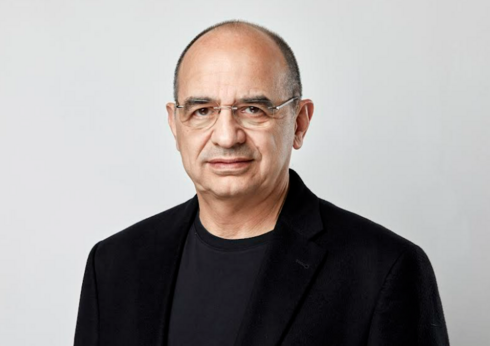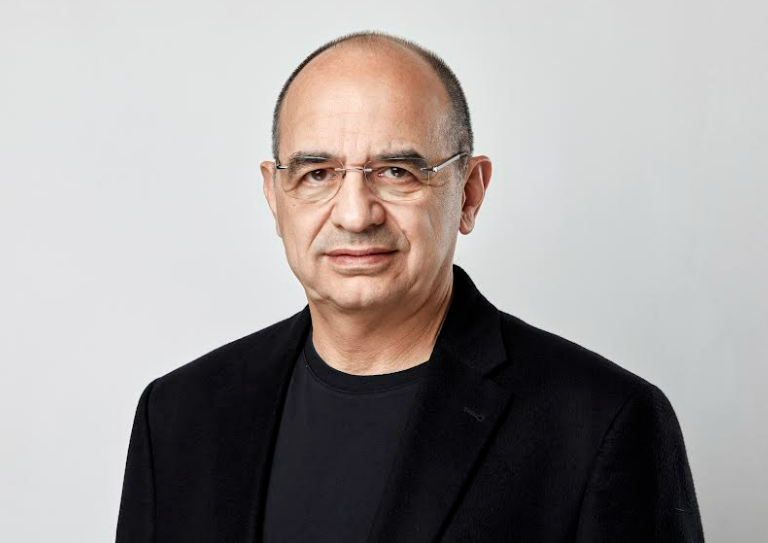
10 new Israel-U.S. projects receive $9.6 million from BIRD
The latest investment marks a total of $390 million in 1,000 joint projects across its 46-year history.
The Board of Governors of the Israel-U.S. Binational Industrial Research and Development (BIRD) Foundation approved last month $9.6 million in funding for 10 new projects between U.S. and Israeli companies. The projects will also access private-sector funding, boosting the total investment in projects to $24.5 million.
“At BIRD, we take great pride in awarding grants to a record number of projects that strengthen U.S.-Israeli collaborations, emphasizing innovations geared towards delivering commercial products,” said Jaron Lotan, Executive Director of the BIRD Foundation. “In this cycle, we witnessed a diverse range of projects across sectors and geographical regions, showcasing our commitment to fostering impactful partnerships and promoting innovation across diverse realms.”
The 10 projects approved by the Board of Governors are the latest bunch in more than 1,000 projects that the Foundation has approved for funding across its 46-year history. To date, BIRD’s total investment in joint projects is more than $390 million and has helped generate direct and indirect sales of more than $10 billion.
The latest projects are as follows:
- Celleste Bio (Misgav, Israel) and Mondelez International (Chicago, IL) - to develop and produce on-demand non-fat cocoa solids and cocoa-based powder.
- CENS Materials (Be’er Sheva, Israel) and LiCAP Technologies (Sacramento, CA) - to develop a dry electrode process with carbon nanotube technology dispersion to advance EV battery capacity.
- Diptera.ai (Jerusalem, Israel) and Vectech, Inc. (Baltimore, MD) - to utilize AI to build a process and system to monitor and control the Anopheles Stephensi mosquito.
- Greatnix, dba Opmed.AI (Herzliya, Israel), and Mayo Clinic (Rochester, MN) - to advance the development of an AI-driven Planner that optimizes procedure scheduling.
- Hypervision (Yokneam Illit, Israel) and Light Polymers (Santa Clara, CA) - to develop a liquid crystal-based polarized coating technology, methods & systems tailored for VR and Mixed Reality optics.
- Imagindairy (Haifa, Israel) and Ginkgo Bioworks (Boston, MA) - to develop and manufacture non-whey dairy proteins at scale.
- Israel Aerospace Industries (Lod, Israel) and MELD Printworks (Christiansburg, VA) - to develop and approve large civil aviation components utilizing Additive Friction Stir Deposition technology.
- LahakX (Ramat Hasharon, Israel) and Aero Systems West (San Martin, CA) - to develop a heavy payload spraying drone swarm for agriculture and fire prevention.
- Sheba Medical Center (Ramat Gan, Israel) and Serpin Pharma (Manassas, VA) - to perform a Phase II clinical trial to provide a targeted therapeutic to restore immune balance for patients with acute myocardial infarction.
- Tissue Dynamics (Rehovot, Israel) and ATCC (Manassas, VA) - to develop an advanced organoid kit for cardiac toxicity assessment.
“This competition cycle attracted an impressive range of proposals exploring the frontiers of technology in areas vital to our future, including advanced manufacturing techniques, next-generation biotechnologies, and exciting developments in EV battery production,” said Mojdeh Bahar, Associate Director for Innovation and Industry Services at the U.S. National Institute of Standards and Technology (NIST), and co-chair of BIRD’s Board of Governors. Another co-chair, Einat Magal, Acting Chief Scientist of Innovation at the Ministry of Innovation, Science and Technology, added: “Especially during the recent difficult times, this collaborative work bears greater significance and is a testament to the added value brought by both the Israeli and the U.S. companies.”
The BIRD Foundation facilitates cooperation between American and Israeli companies across a variety of technology sectors. It provides funding of up to 50% of a project's budget, beginning with R&D and ending with the initial stages of sales and marketing. The Foundation shares the risk and does not require repayment if the project fails to reach the sales stage.














